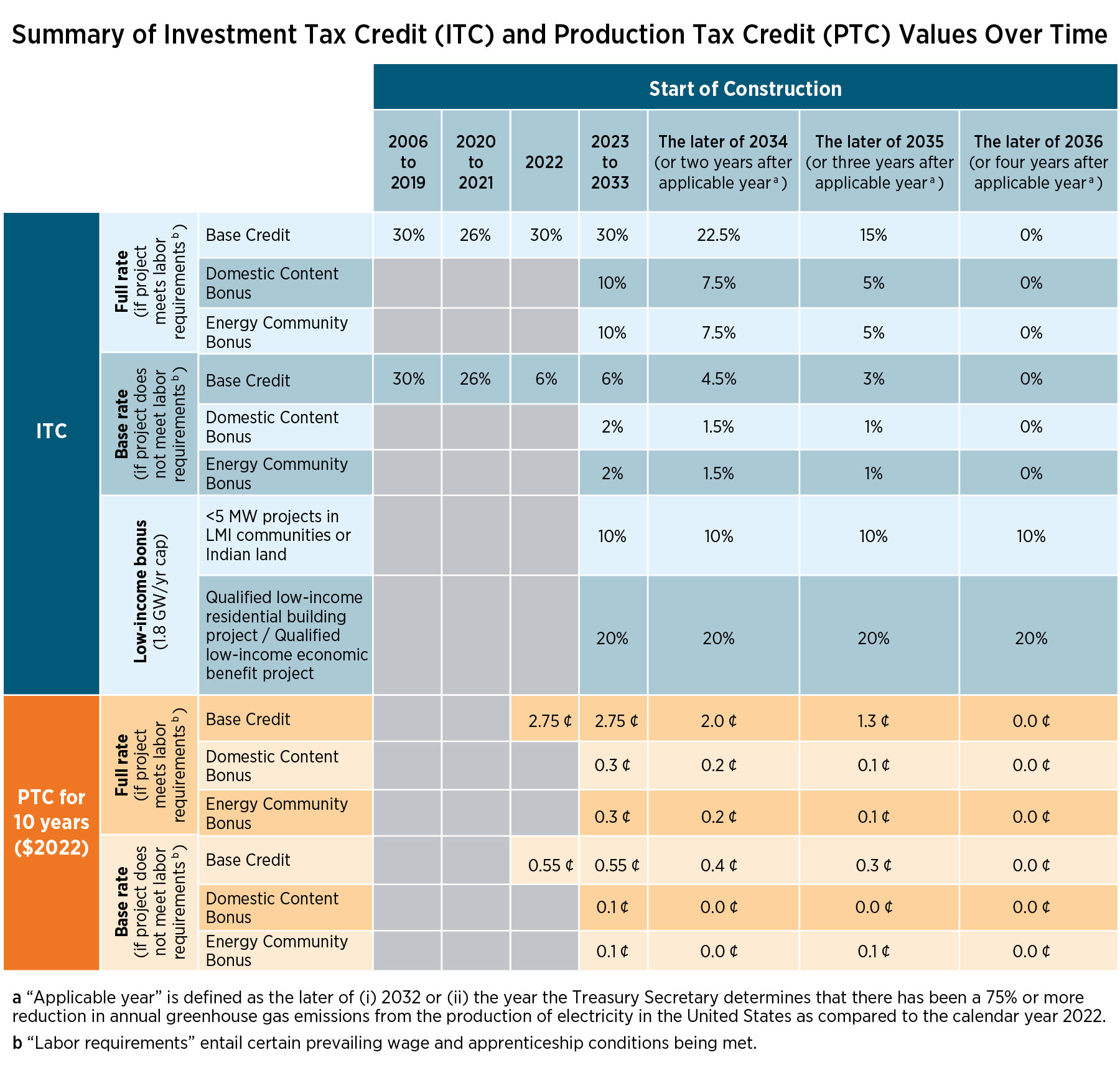ITC Tax Credit In 2024 for Home Solar

In 2008, Florida enacted legislation (H.B. 7135) to require that the Florida Public Service Commission adopt rules for net metering and interconnection for investor-owned utilities for renewable-energy systems with capacity up to 2MW. In addition, it required municipal utilities and electric cooperatives to offer net metering without stipulating standards3.
Most of the Florida’s renewable electricity generation comes from biomass and solar energy4. At the end of the second quarter of 2019, Florida had 3,337.04 MW of installed solar generating capacity, ranking fifth in the nation5. Florida law approves the leasing of solar energy devices and also allows for the creation of easements for solar energy systems6, but it does not allow third-party power purchase agreements.
Florida’s Renewable Portfolio Standard
Florida does not have a renewable energy portfolio standard or a voluntary renewable energy target.
Important renewable energy organizations in Florida
The Florida Public Service Commission (FPSC) was created by the Florida Legislature in 1887 with the primary purpose to regulate the railroad industry. The Commission undertook more additional responsibilities as Florida’s industry base diversified7. The FPSC regulates investor-owned electric utilities to facilitate the efficient provision of safe and reliable utility services at fair prices. In addition, the Commission issued an order requiring the state’s investor-owned electric utilities to provide information on their fuel mix to customers on a quarterly basis8. Although the FPSC does not fully regulate municipal or electric cooperative utilities, the Commission does have jurisdiction, with regard to rate structure, territorial boundaries, bulk power supply operations and planning9.
The Office of Energy is the legislatively designated state energy policy and program development office in Florida. It developed the Florida Energy and Climate Plan, including nine focus areas, to increase efficiency, install renewables, research new technologies and increase the use of alternative fuels in transportation10.
The Florida Solar Energy Center (FSEC) was created by the Florida Legislature in 1975 to serve as the state’s energy research institute. Under the Solar Energy Standards Act of 1976, the FSEC is responsible for certifying all solar equipment sold in Florida11.
Utilities in Florida also play a significant role in advancing renewable energy and energy efficiency. There are five investor-owned utilities (IOUs) in the state, which are Florida Power & Light Company, Duke Energy Florida, Tampa Electric Company, Gulf Power Company and Florida Public Utilities Company. In addition to IOUS, there are 34 municipal utilities and 18 electric cooperatives utilities in Florida.

